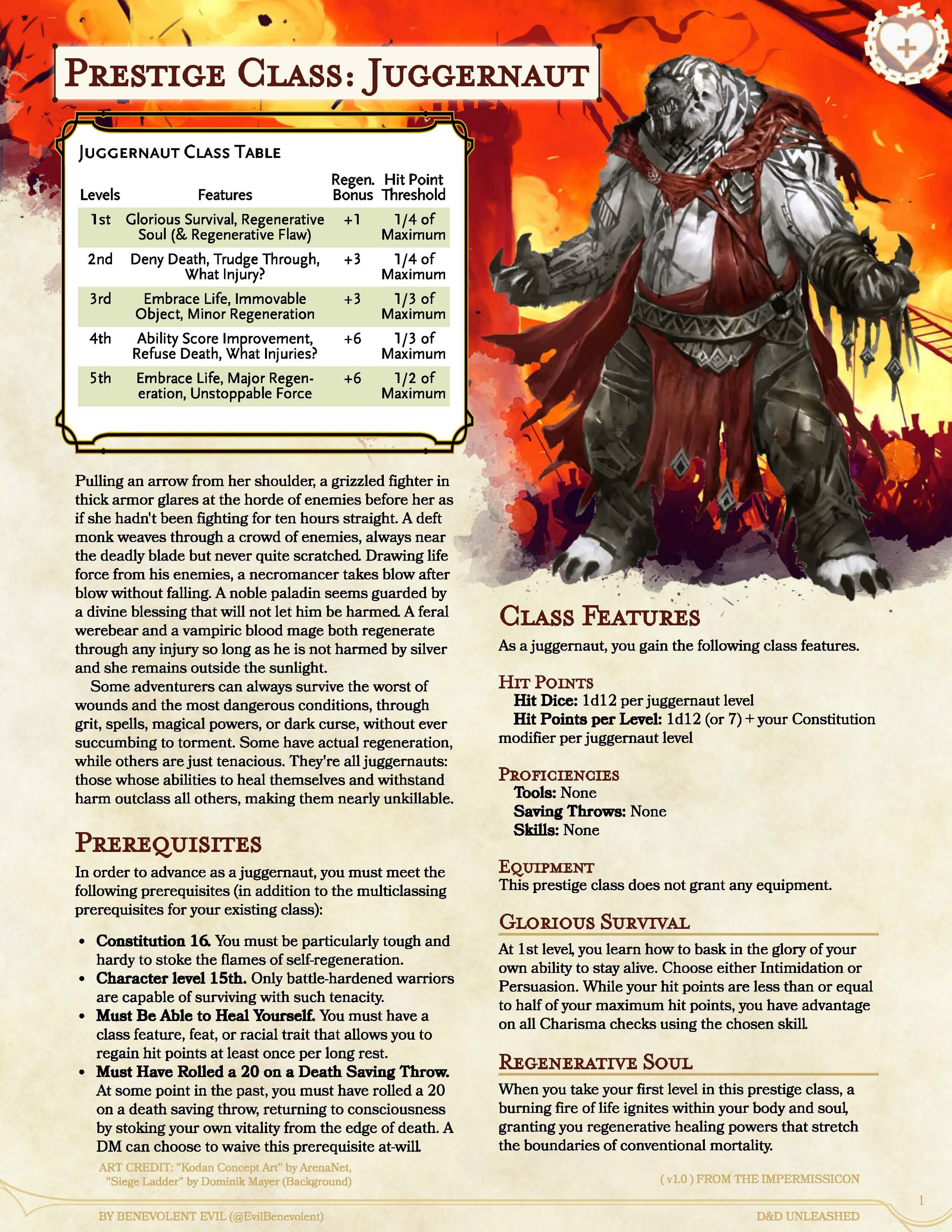
The variability of character classes also increases the game's longevity as a player who tires of one character play style can pick up another class. Character classes can vary in complexity of play, mechanical focus, and thematic focus, so as to create many possible varieties of game experience and allow the game to appeal to more players. Single-player video game RPGs where the player controls only a single protagonist, such as Skyrim or Dark Souls, often dispense with the class system entirely or limit the impact of the player's initial class choice by allowing broad customization later on.ĭifferent character classes have different styles of play, which appeal to different types of players. Character classes make it easy for players to choose complementary roles.

It is frequently advantageous for a group of players to each create characters of different sets of abilities, for maximum flexibility. Ironically, D&D's massive influence on fantasy fiction has created the situation where the game's character classes now emulate the characters it ultimately inspired. For example, the wizard class asserts many things about the world in which they might exist: that arcane magic is real, that it can be understood by humans but requires much study, and that trained warriors with the temperament to learn magic this way are rare.

_Page_1.jpg)
This could particularly occur in Dungeons & Dragons third edition, where highly optimal characters cherry-picking synergistic abilities from the early levels of multiple classes and prestige classes could become much more powerful than the designers intended.Ī character class serves the function of defining a type of character likely to exist within the fictional world of a Dungeons & Dragons game. This makes the game more approachable to new players and ensures that all players are at comparable levels of power.Ĭonversely, unexpected combinations of character abilities can be used to create a character who is considerably more powerful than normal. Character classes serve several mechanical and thematic purposes which are core to the experience of Dungeons & Dragons.Ĭharacter classes provide a clear path of advancement and reward for players who succeed at the game.Ī character class limits the flexibility of character creation, helping to ensure that no one character can be utterly weak.


 0 kommentar(er)
0 kommentar(er)
